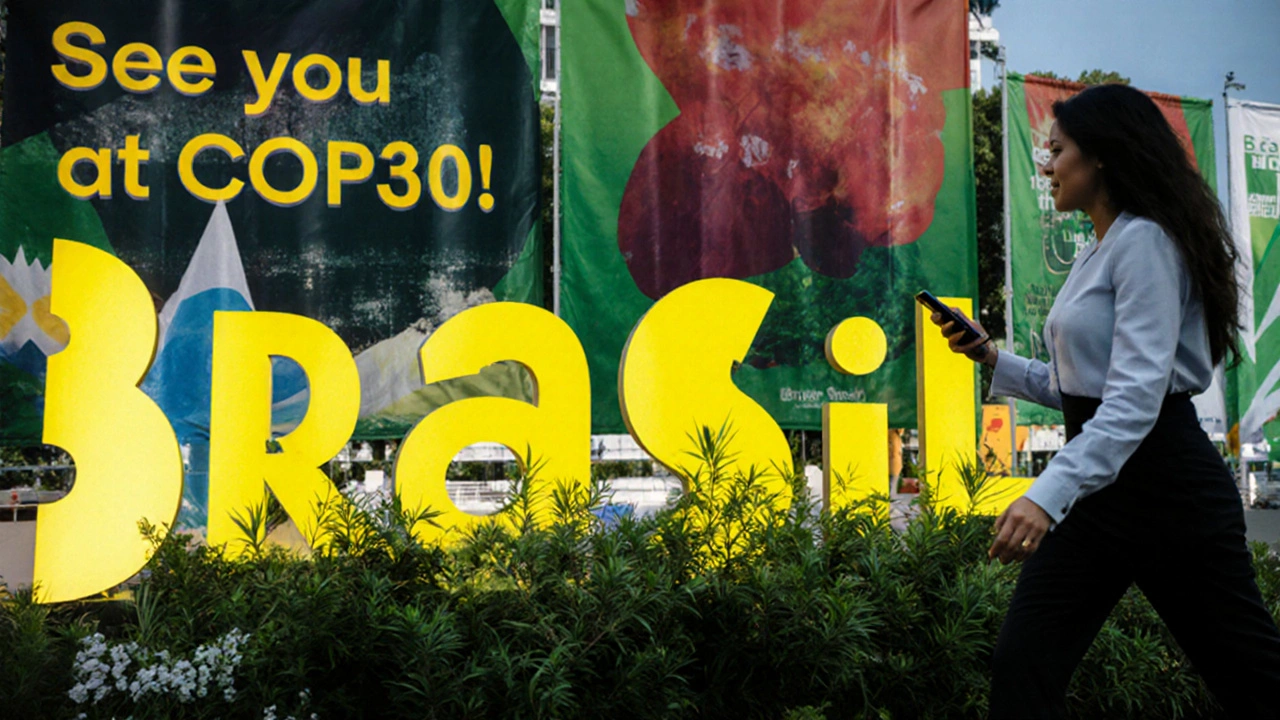Tony Blair – Inside the Life and Legacy of the Former UK Prime Minister
When you hear the name Tony Blair, a few things pop up: New Labour, the early 2000s ‘cool’ government, and endless debate about his decisions. Whether you love him or loathe him, his time in office still shapes British politics today. Let’s break down who he is, what he did, and why people still talk about him.
Early Life and Rise to Power
Born in 1953 in Edinburgh, Blair grew up in a middle‑class family that valued education. He studied law at Oxford, then dabbled in journalism before landing a seat in Parliament in 1983. His real breakthrough came when he helped reshape the Labour Party, branding it “New Labour” and shedding the old‑school socialist image. That fresh vibe helped him beat John Major in the 1997 election, making him the youngest prime minister of the 20th century.
Key Decisions and Controversies
Blair’s government pushed big reforms: devolving power to Scotland and Wales, introducing the minimum wage, and investing heavily in public services. Those moves earned praise for modernising the UK. But the Iraq War in 2003 turned his reputation upside down. Backed by the US, his decision to join the invasion sparked massive protests and a lingering trust gap that still haunts the Labour brand.
On the home front, Blair championed education reforms, pushing for standards and accountability. Schools got more autonomy, and exam results became a national focus. Critics say this created pressure cooker environments, yet many still credit him for raising educational expectations across the country.
His approach to foreign policy was also bold. He tried to position the UK as a global player, supporting peace talks in the Middle East and backing NATO interventions. Some view these moves as visionary; others see them as overreaching, especially when outcomes were mixed.
After stepping down in 2007, Blair didn’t fade away. He founded the Tony Blair Institute, a charity focused on governance and development. He also took on advisory roles for governments and corporations, keeping his name in headlines. His post‑premiership work adds another layer to his public image—some call him a savvy elder statesman, others a lobbyist in a fancy suit.
So, what’s the lasting impact? New Labour’s centrist policies still influence the party’s direction, and many of his reforms—like devolution and the minimum wage—are now embedded in UK life. At the same time, the Iraq legacy serves as a cautionary tale about the risks of aligning too closely with foreign powers.
If you’re trying to understand modern British politics, you can’t skip Tony Blair. He showed how quickly a party can rebrand, how bold foreign moves can backfire, and how domestic reforms can leave a permanent mark. Whether you side with his vision or condemn his missteps, his story offers a vivid snapshot of a turning point in UK history.
Next time the news mentions “Blair” or you hear the term “New Labour,” you’ll know the backstory: a charismatic leader who blended optimism with controversy, and whose decisions still echo in Parliament halls and living rooms across the country.
Tony Blair's Climate Reset Proposal Rejected by Brazil for COP30
Former UK Prime Minister Tony Blair’s consultancy sought a role advising Brazil’s upcoming climate summit, but Brazil turned it down. Blair released a report calling current net‑zero strategies irrational and financially burdensome, urging a technology‑focused reset. The rejection highlights Brazil’s desire for diplomatic independence ahead of the pivotal COP30 summit.
